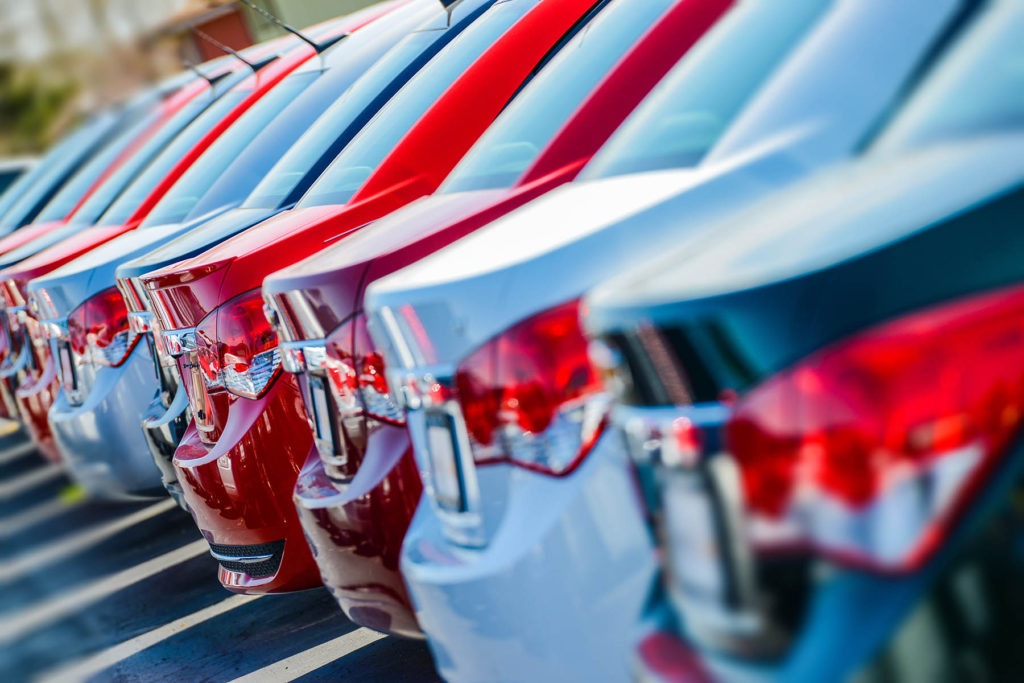Dealer consolidation highlighted in new research
29 March 2019

29 March 2019
UK-based dealer groups continue to grow faster than their European counterparts, despite the uncertainty surrounding Brexit.
New research carried out by analyst firm ICDP shows the ability of UK dealer groups to post profits, even in a period of weakness prompted in part by Brexit concerns. The sector continues to attract outside investment – most recently from Swedish company Anders Hedin, which in January bought a 9.2% stake in Pendragon, the UK’s largest dealer group and Europe’s third largest.
Non-British companies are targeting UK dealer groups because of the sector’s long-time strength and because of the weakness of the pound, which has been depressed by the UK’s failure to agree with the EU on the country’s exit from the bloc, ICDP Senior Researcher Peter Bailey said.
The share of UK car sales captured by the country’s top 50 dealer groups rose to 42% last year from 27% in 2008, ICDP figures show. Between 2017 and 2018, 196 dealers changed hands in the UK, it said.
US company Penske is now Europe’s second-largest dealer group largely because of its UK investment. Also, South Africa’s Super Group increased its UK footprint last year after buying 18 dealer sites that mainly sell Ford models.
Some of the UK acquisitions have been of smaller dealer groups selling mainly premium brands, for example, Vertu Motors’ purchase of the five outlets of Mercedes-Benz specialist Hughes Group.
′Smaller, typically family investors have been concerned by ongoing high-capital investment requirements that do not yield an appropriate return,’ Bailey said.
Premium brands have been hit by weak consumer sentiment in the UK, where buyers have either delayed or downgraded their new-car purchases.
However, these numbers may simply highlight the ′peak’ of the automotive dealership in the UK. Manufacturer turmoil and new sales experiences may reduce numbers in the coming months and years.
PSA Group owned carmaker Vauxhall has announced plans to close up to a third of its dealers as it undergoes a financial transformation. Meanwhile, Tesla is looking to shut some of its locations, and others are moving to online models or opening stores in shopping malls instead of concentrating on ′out-of-town’ retail sites.
In mainland Europe, dealer consolidation has been dominated by Swiss dealer group Emil Frey’s 2017 acquisition of 261 sites formerly owned by Volkswagen Group’s Porsche Holding Salzburg subsidiary. Emil Frey’s purchase included 193 sites in France. Otherwise, consolidation in France has been mostly regional, ICDP research shows.
In Germany, acquisitions happened at a ′steady trickle’ with 133 transactions recorded between 2017 and 2018. ′Dealer network concentration there is relatively static with deals being regional in impact and so far mainly related to dealer weakness, if not failure,’ Bailey said.